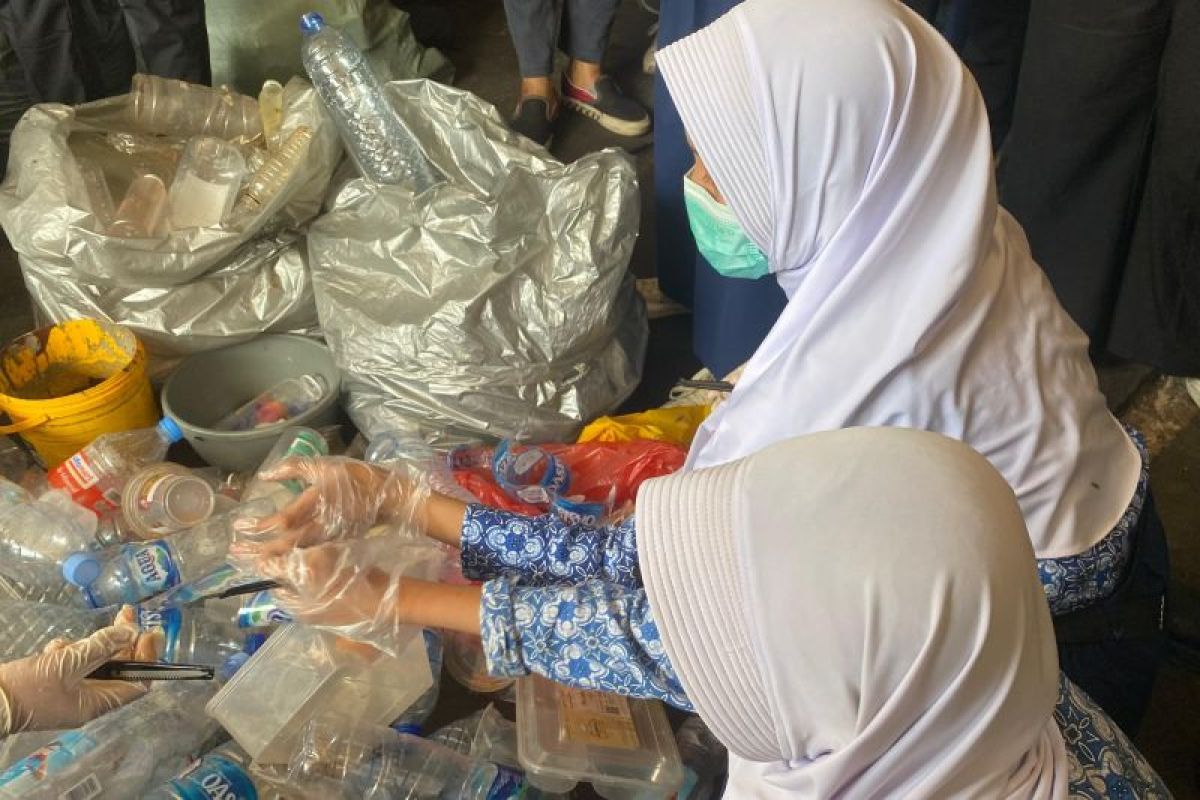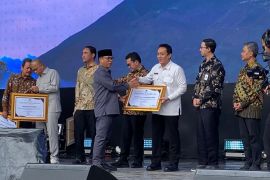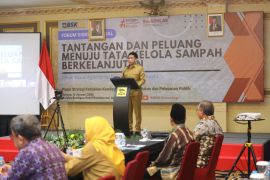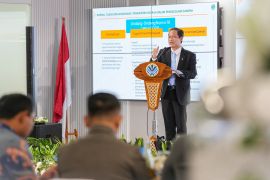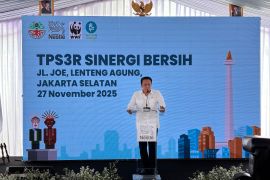Waste sorting is a part of the Waste-Conscious Lifestyle Movement, which is currently being promoted by the ministry.
Tahar explained that sorting organic and inorganic waste at home would not only help reduce the volume of waste ending up at landfills, but also support a circular economy through the provision of clean recycled raw materials.
The Waste-Conscious Lifestyle Movement started with the issuance of a circular addressed to ministries, agencies, and regional heads to build awareness in the community.
In the circular, the ministry called for massive campaigns and dissemination of information by regional governments, both formally through public education and informally.
In addition to sorting, the ministry asked for encouraging education to prevent waste generation, including by ditching single-use packaging products and preventing food waste.
He expressed optimism that by implementing a waste-conscious lifestyle, 90 percent of the waste issue can be tackled at home.
Tahar reminded that these steps require support from all parties, including local governments.
This is because food waste made up the largest share of waste, accounting for 39.62 percent of the total 40.1 million tons of waste produced in 2023, according to data from the National Waste Management Information System (SIPSN).
Meanwhile, the share of plastic waste has increased in the last 20 years to become the second largest type of waste after food waste.
The share increased from 10–11 percent in 2000 to 19.15 percent in 2023, triggered by an increase in population and production practices that produce single-use plastic products.
Related news: Local governments urged to promote Waste Aware Lifestyle Movement
Related news: Minister Hasan urges regions to convert waste into electricity
Translator: Prisca Triferna, Raka Adji
Editor: Rahmad Nasution
Copyright © ANTARA 2025
